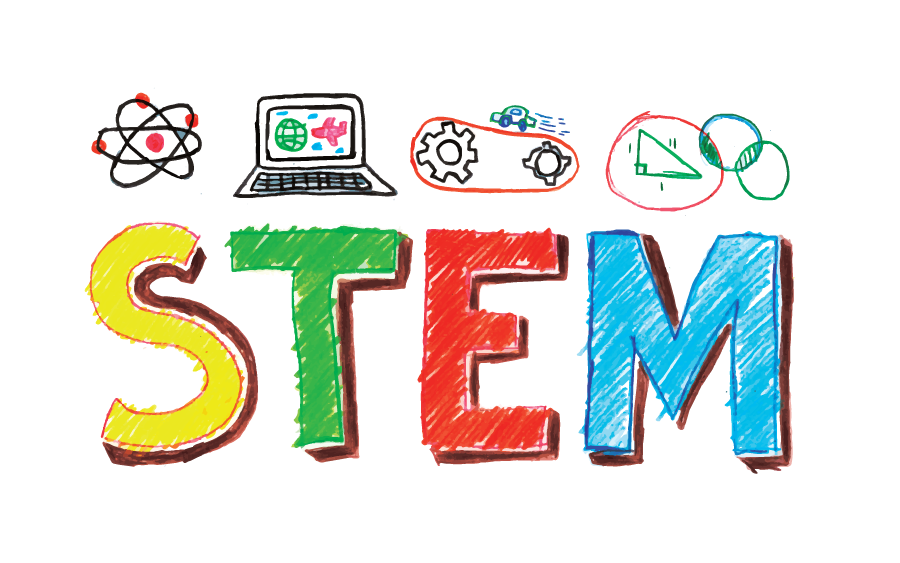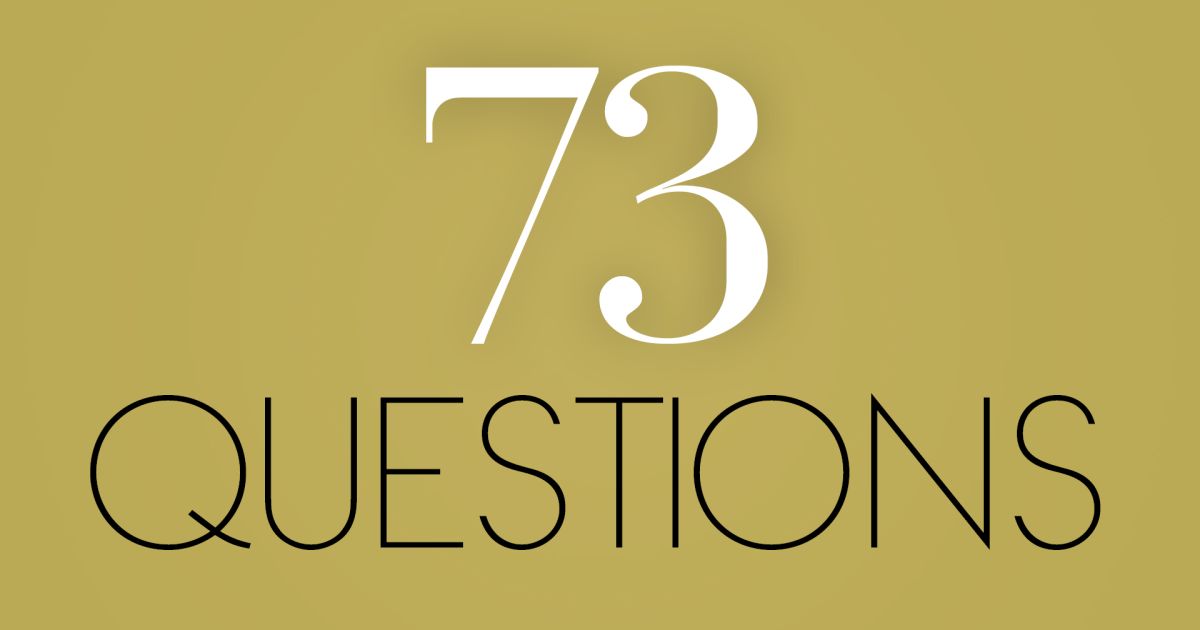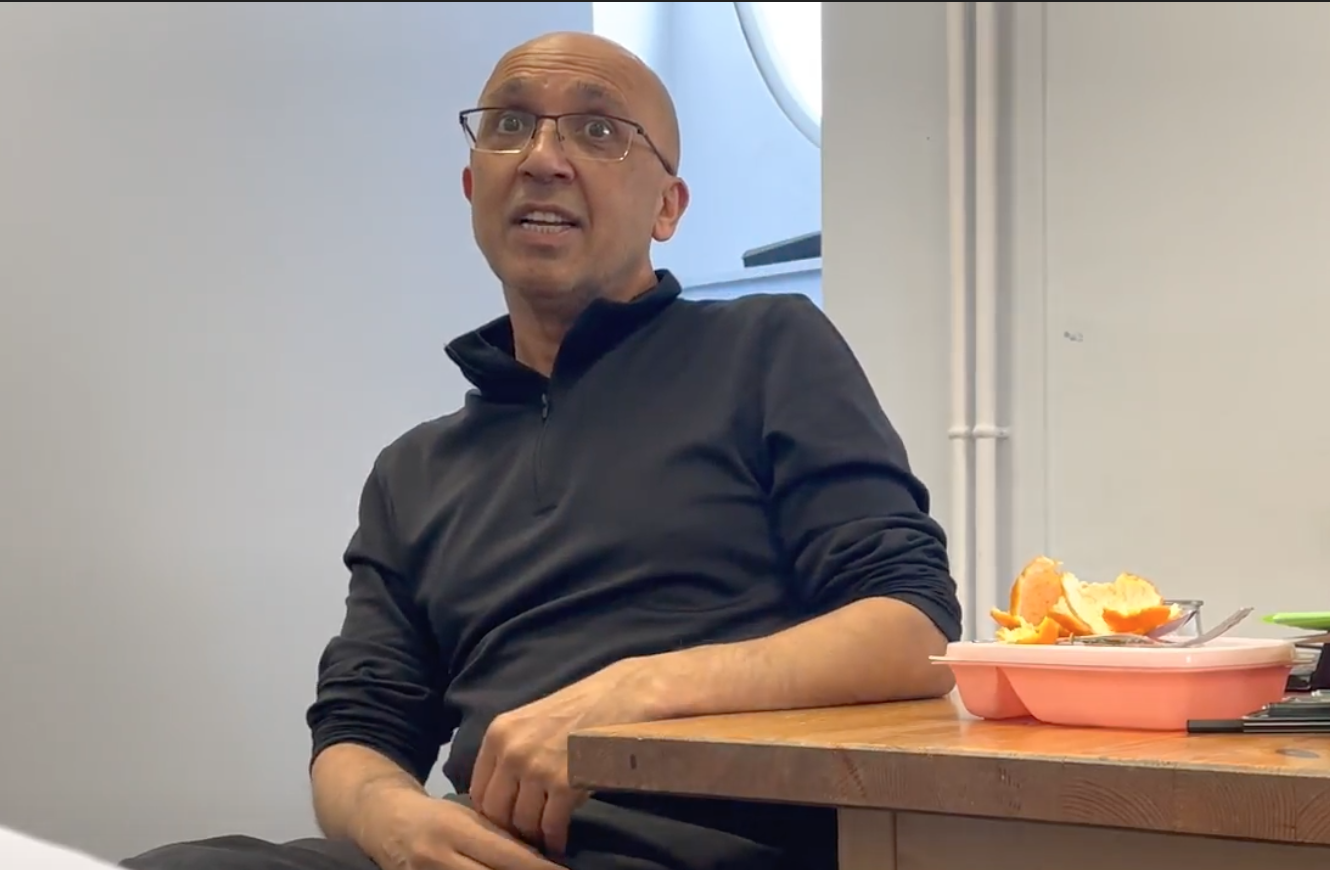By Qingyang Zhang, Y12
These are three interviews of STEM professionals Matthew Tosh, Deepti Kandhol, and Nagore Iriberri.
The following is taken from Matthew Tosh, a Pyrotechnician’s lecture at the Royal Institution.
5:00: The Science of Pyrotechnic Effects – with Matthew Tosh
“I had no idea what I wanted to do. I did know I wanted to do science, and I followed that through. So I studied science A-level, science at university. But I also had some very important hobbies. Hobbies are crucial for [pyrotechnics]. I was interested in music. I did a lot of theatre tech. I did a lot of behind-the-scenes work. And the skills that I picked up, as a musician, in theatre, and also doing science…opened the doors to the firework industry that I work in today. ”
Deepti Kandhol, an engineer from CERN, kindly answered some of my questions via email.
Note: The opinion belongs to Ms. Kandhol as a professional, not to CERN as an institution.
Qingyang Zhang: What did you study at university and to what extent do you apply the skills learned at university to situations you encounter in your job?
Deepti Kandhol: “I obtained a Bachelor of Technology in Mechanical Engineering and Master of Science in Management Engineering. I have utilised a great deal of my theoretical and academic concepts to develop skills and adapt theoretical models to situations at work. For example, I have done an academic project in Masters using R language for L’Oreal Italy and Politecnico Di Milano creating a dashboard in excel for monitoring key performance indicators. I used the same skills and further horizontally deployed the approach for an assignment at CERN. [The extent to which you apply your skills] depends on the nature of the job and your initiative to use academic knowledge and provide innovative solutions to the situations at the job.”
Qingyang Zhang: Some say that gender discrimination is still present in STEM fields, while others say it is a modern myth. What is your experience as a female engineer?
Deepti Kandhol: “In my experience as a STEM engineer, I haven’t faced any gender discrimination so far. Rather, I have presented myself as a productive and efficient engineer.”
Ms. Kandhol explains that 18.41% of employees at CERN are women. “The Director-General of CERN is also a woman. In my understanding, gender discrimination might be present, but it largely depends on our attitude towards the profession we choose and our commitment towards learning and growth. In the current scenario, there is an abundance of opportunities to learn advanced technologies and provide innovative solutions to problems in everyday life in myriad professions. Hence discrimination is not observed generally.”
Nagore Iriberri, an experimental economist, gave a talk to year 11 and year 12 students. She kindly agreed to be interviewed afterwards.
Qingyang Zhang: What did you study at university?
Nagore Iriberri: “I actually started to study journalism, communication science, and … I was absolutely convinced that I was going to become a journalist. The first year I took different classes, one of those was economics. And I basically fell in love with how economics tries to model human behaviour. What I did that end of first year was try to change economics. I ended up doing a double major in communication science and economics. But for masters and Ph.D., I continued only with economics.”
Qingyang Zhang: Was your learning experience at university different from what you thought you would study in high school?
Nagore Iriberri: “At some point it’s good to have clear ideas, but…it’s also good to question whether you like what you are studying. This is the time for you to question whether you are happy studying this. If you are not, just change it. Don’t wait for 4-5 years to say ‘I don’t like this major’. Try to question that from the very beginning. [In] that sense, journalism was different from what I had in mind and I found my passion in economics. I always tell the first-year students: ‘you already have made a choice [in choosing your major], but this choice doesn’t have to be the final choice.’”
Qingyang Zhang: Can you describe your job as a researcher?
Nagore Iriberri: “I do research. I teach a little bit, but I don’t teach as much as a regular university researcher. When I say I am a researcher, that means a lot of thinking. You first have to come up with an idea, and you usually do this by reading other people’s papers… or even just being inspired by what you see on the news on people’s behaviour. Once you have the research idea, the next question is how do I answer that research idea? Usually, this is more empirical than theoretical, so I usually try to look for good data, good settings … This could be observational data … I have to find an organisation … that is willing to carry out this experiment. This would be the implementation, of getting an answer. The third part of the research is doing … the analysis, and this is usually solitary work. You are with your computer and your colleagues, trying to do the analysis, and trying to get your results. The [next] stage of research is writing up. All [the components], the research question, the methodology and the results go into a research paper. The final stage is giving conferences. You want to get feedback from your colleagues. You want to get feedback from people who have been thinking in similar ways regarding this research idea. You revise your paper, and you try to publish, by sending the paper to scientific journals. A paper’s life ends when you get to publish somewhere. It starts a new life… with people citing your work. ”
Qingyang Zhang: Which stage do you find the most interesting?
Nagore Iriberri: “For me, the most interesting stage is the research idea and the methodology. This is where I have an idea and try to look for the best way to answer that research idea. This is maybe the most difficult, but the most interesting one. The one that is the longest, and not that rewarding is the publication process.”
Qingyang Zhang: To what extent and how do you apply the skills you learned at university to your work?
Nagore Iriberri: “We all try to. Sometimes it’s true you find it hard to apply [the theoretical knowledge] in everyday life. The idea is that science is cumulative. You put your contribution on top of something that has been building. It’s about adding something to the already existing, and it is a collaborative process.”
Here is Ms. Iriberri’s website, on which you can find her papers. What I found interesting from listening to Ms. Iriberri’s lecture and from interviewing her is her focus on empiricism. This is evident when she addressed questions posed by students during the lecture, not by making big claims, but by referring to specific studies and settings. The rest of the interview with Ms. Iriberri can be found here, where I ask her specific questions about her papers.


